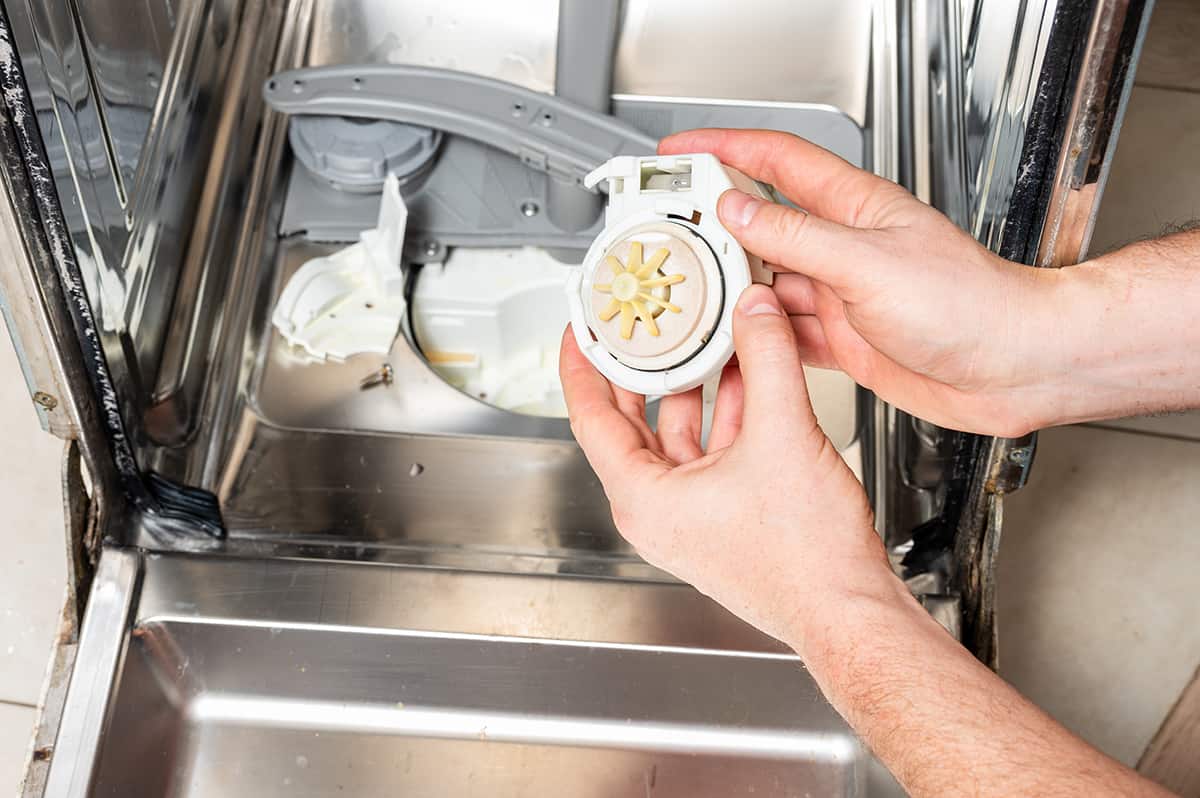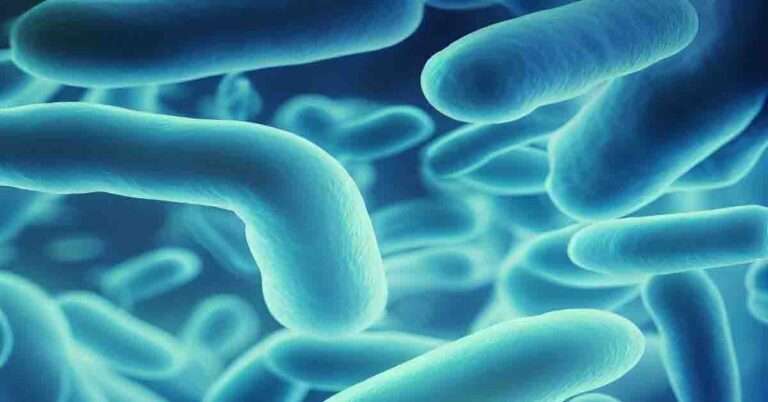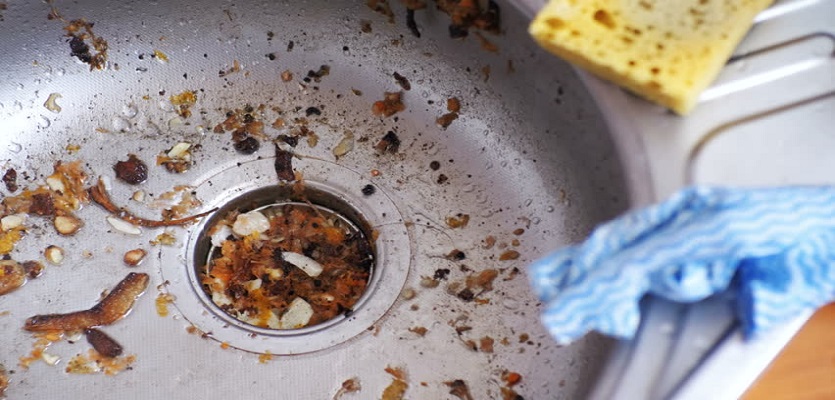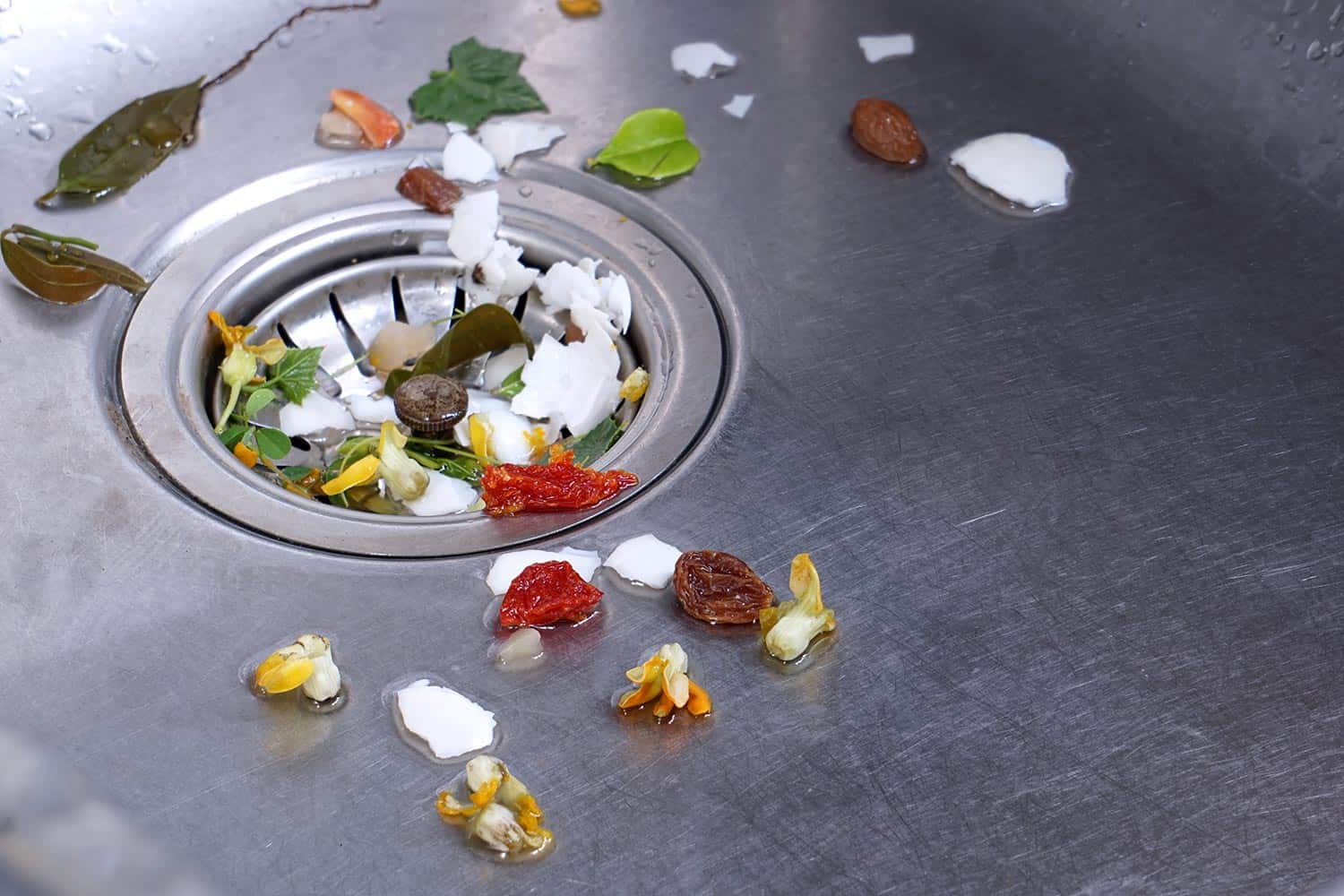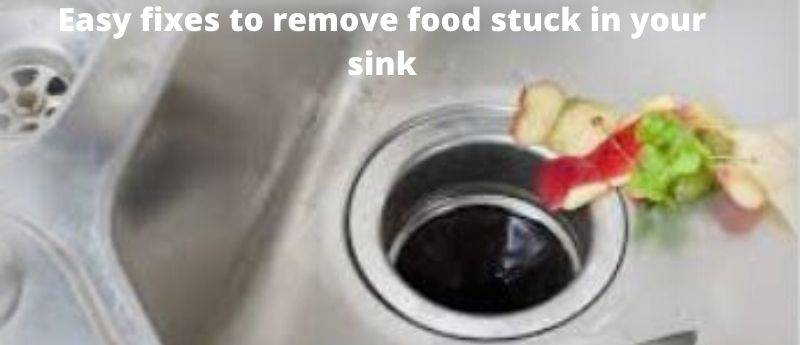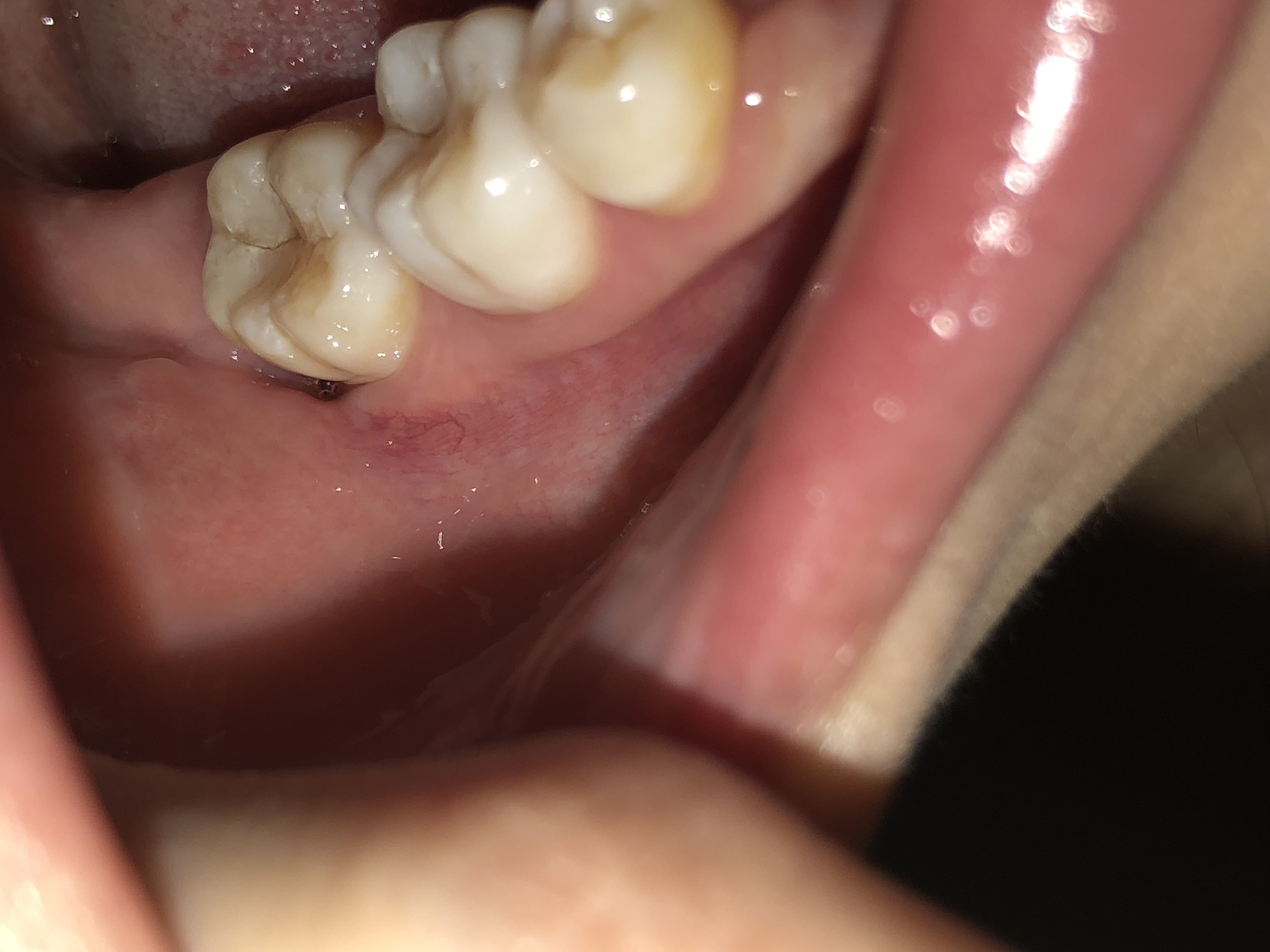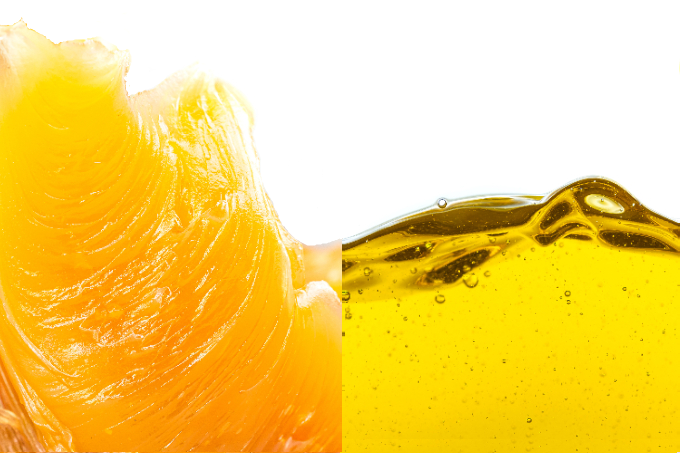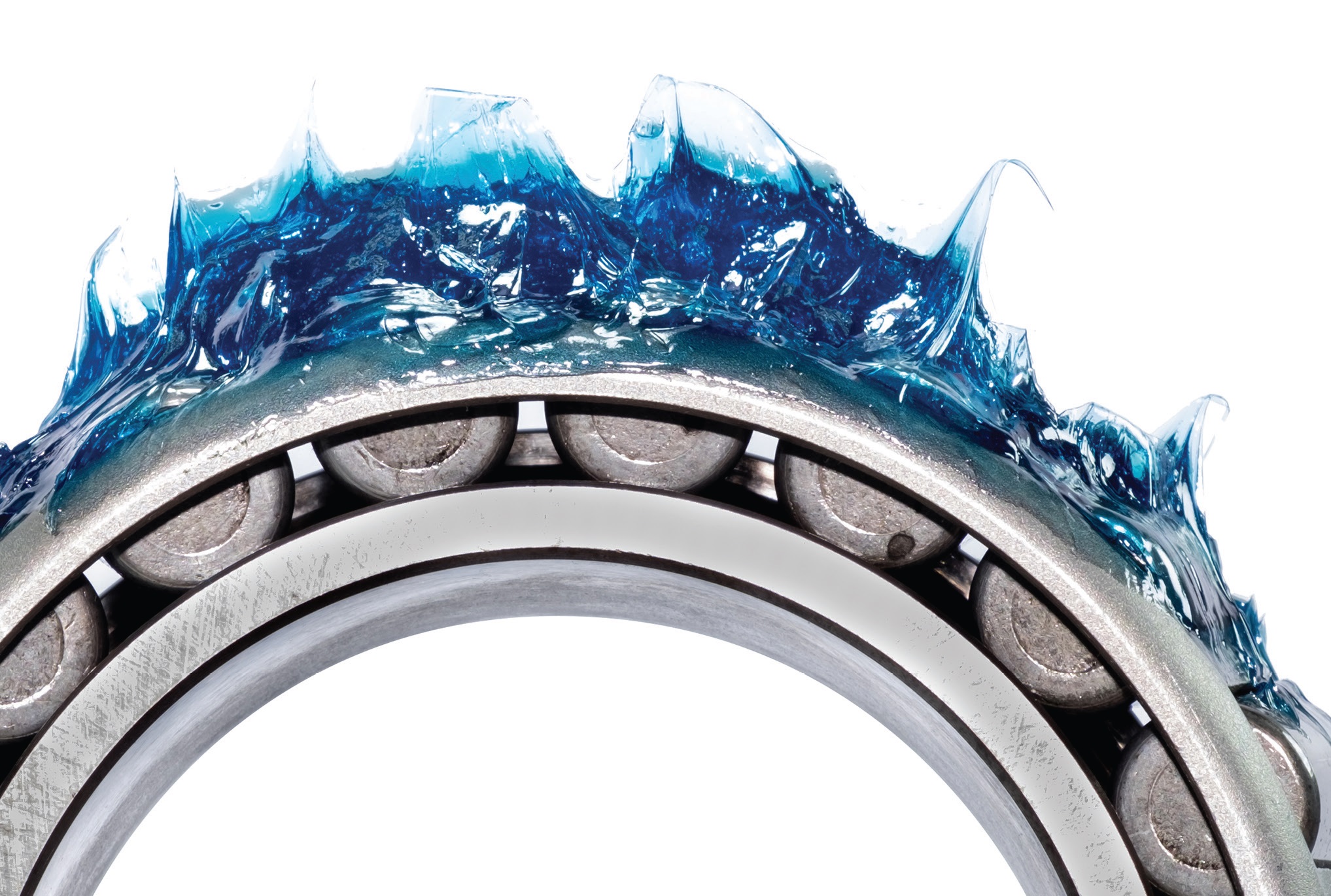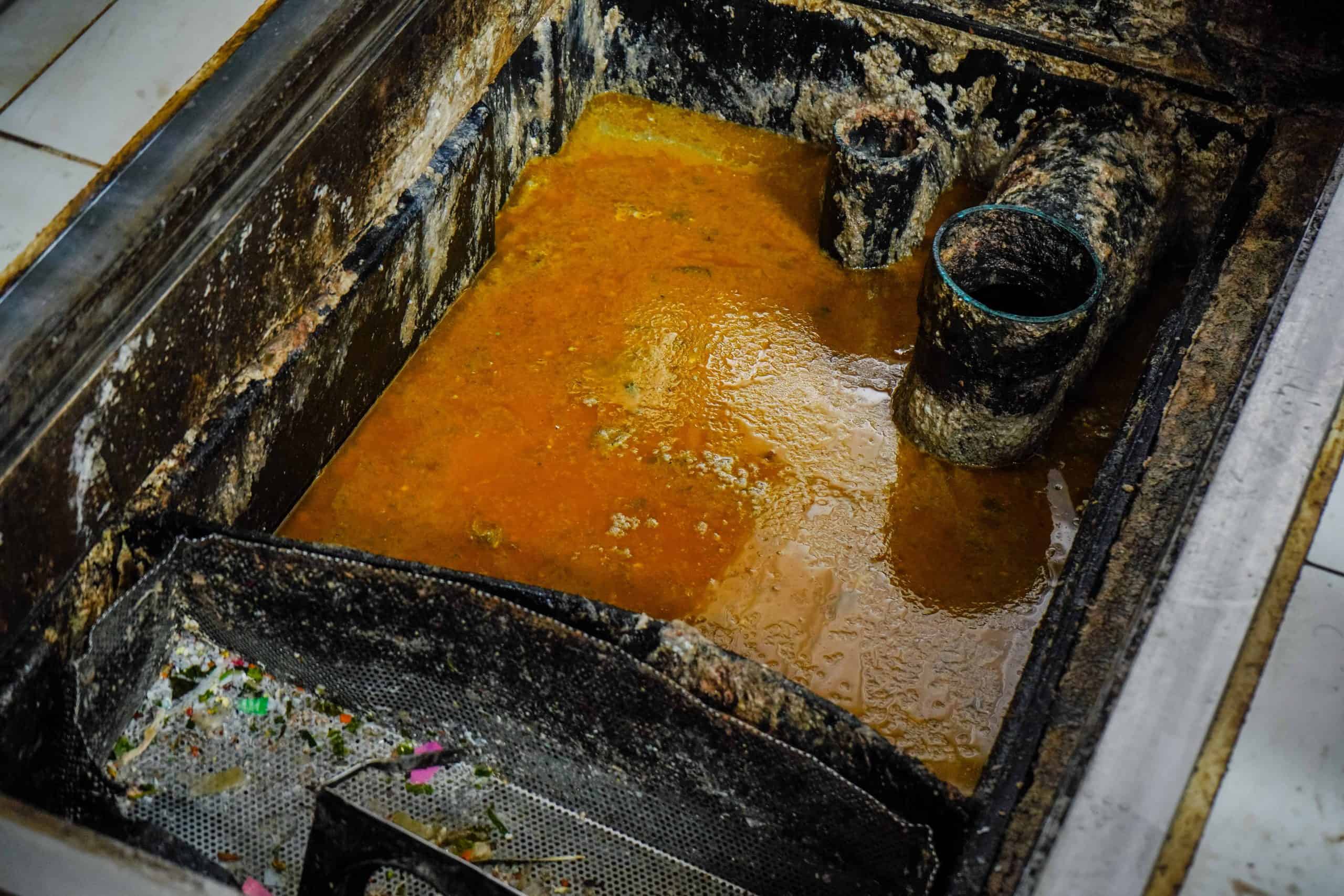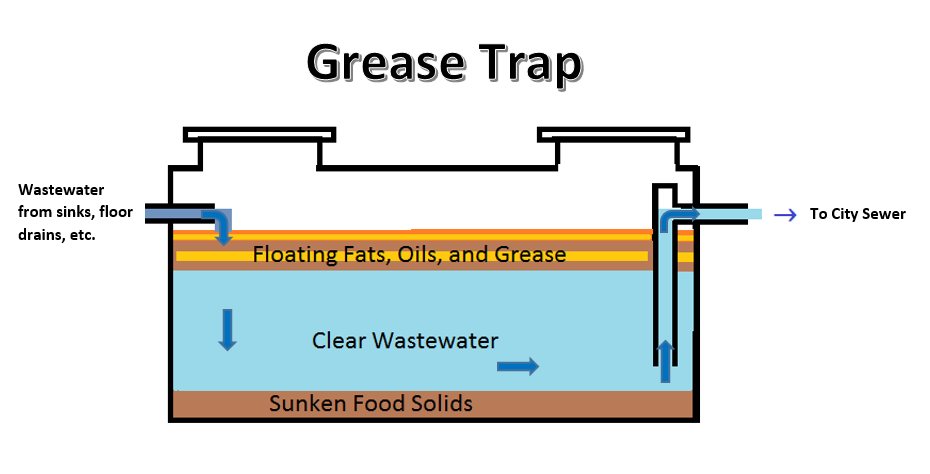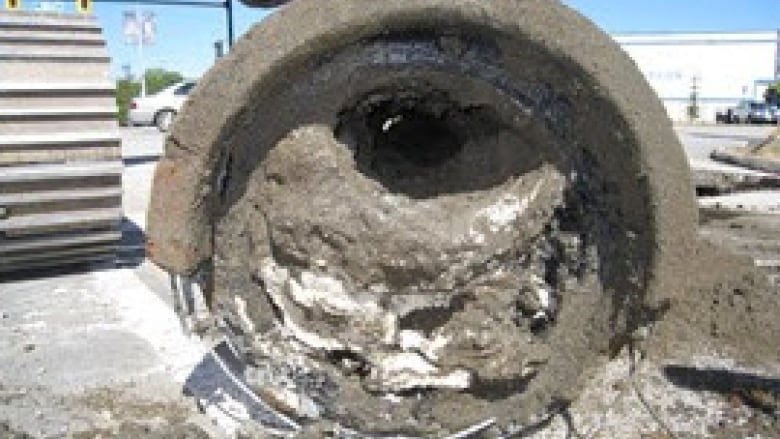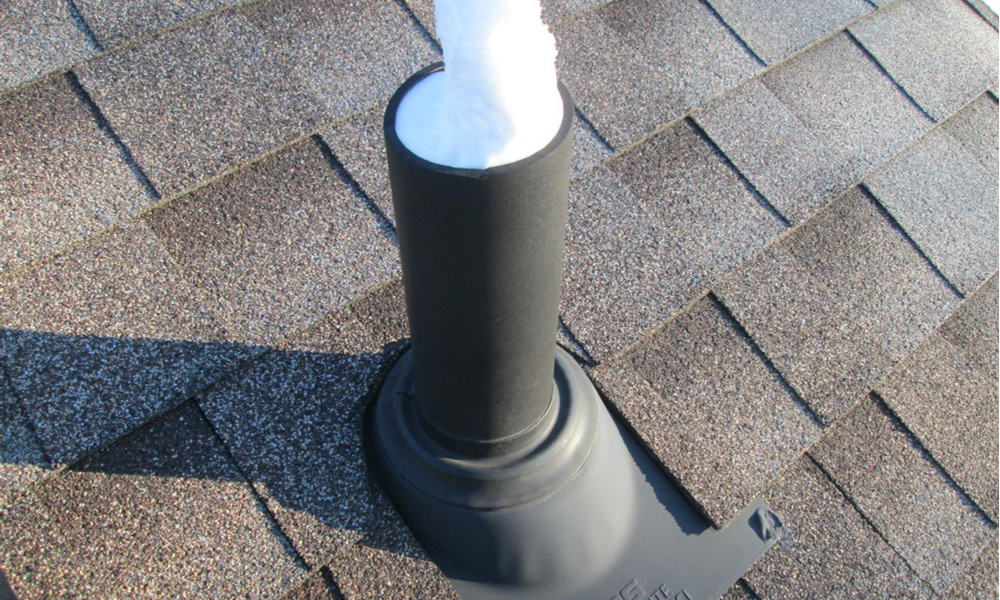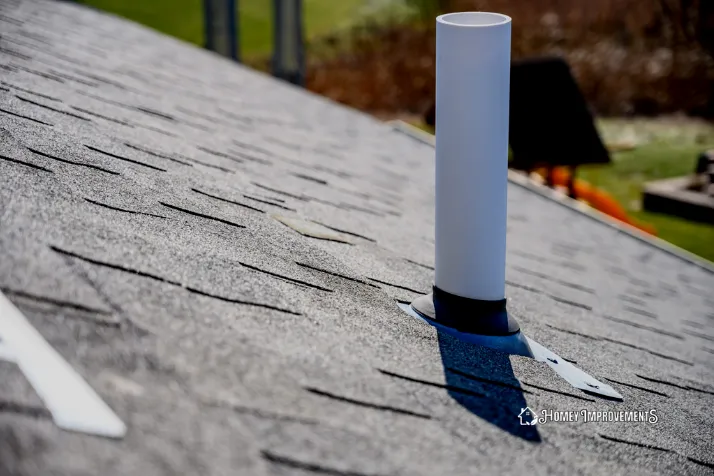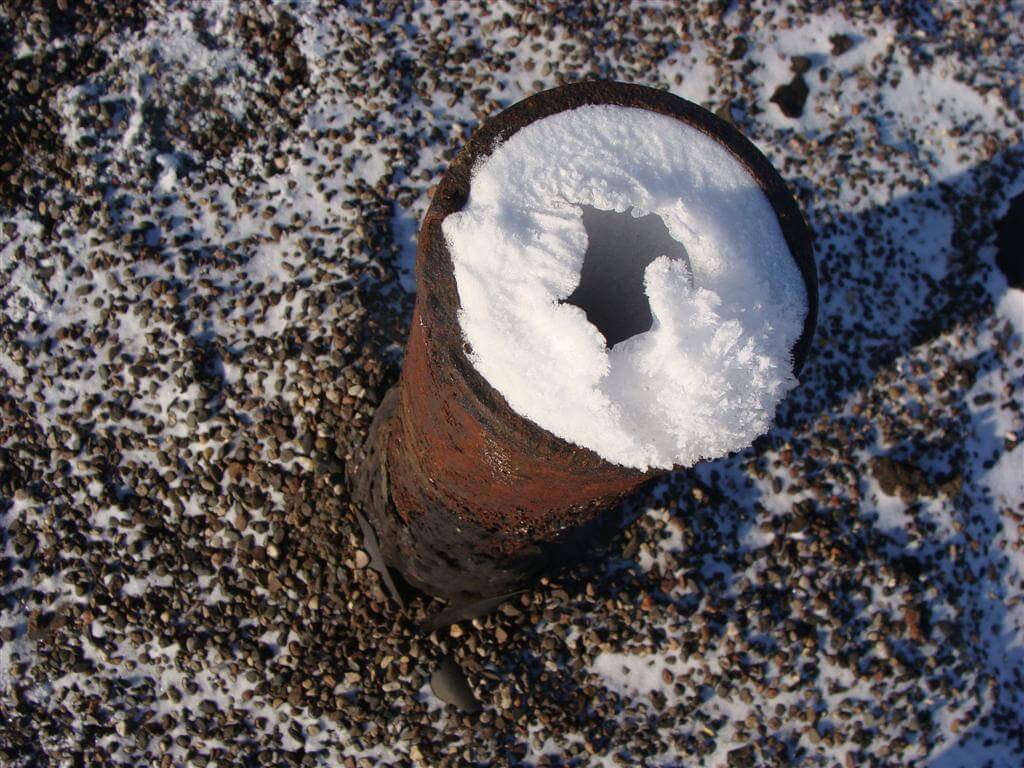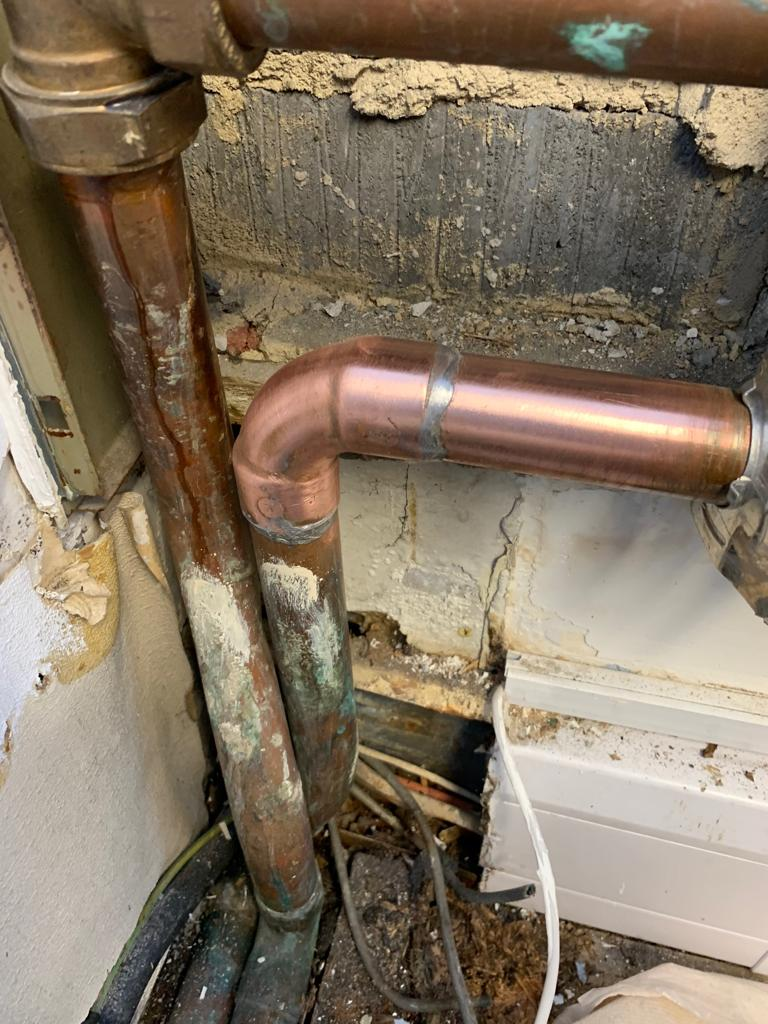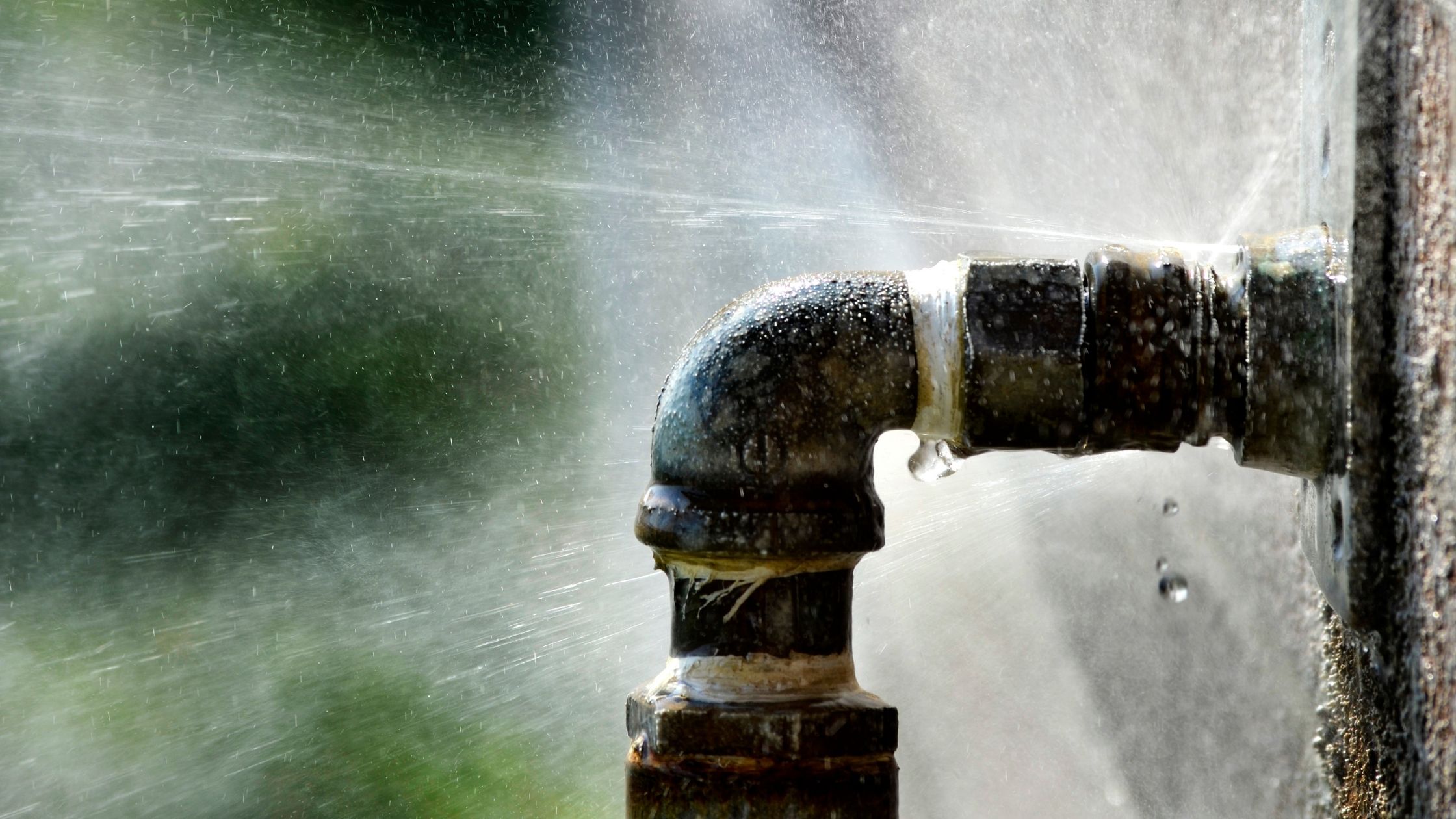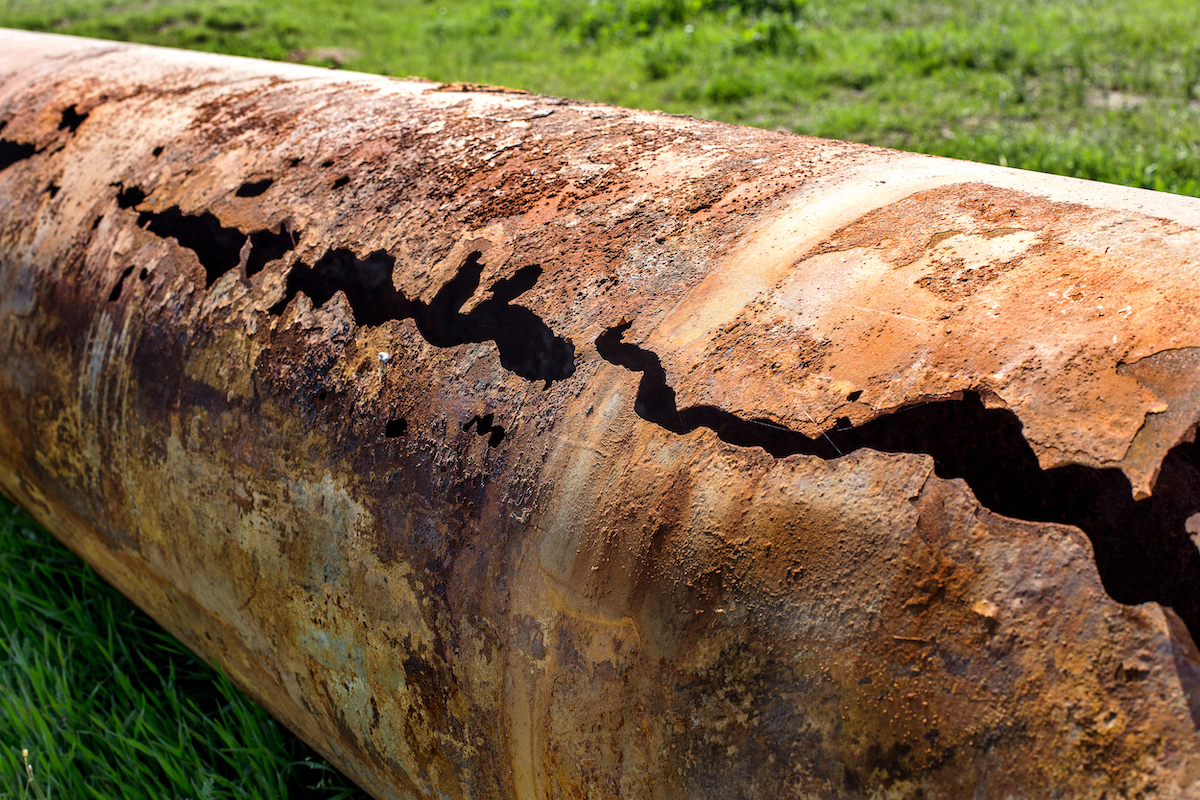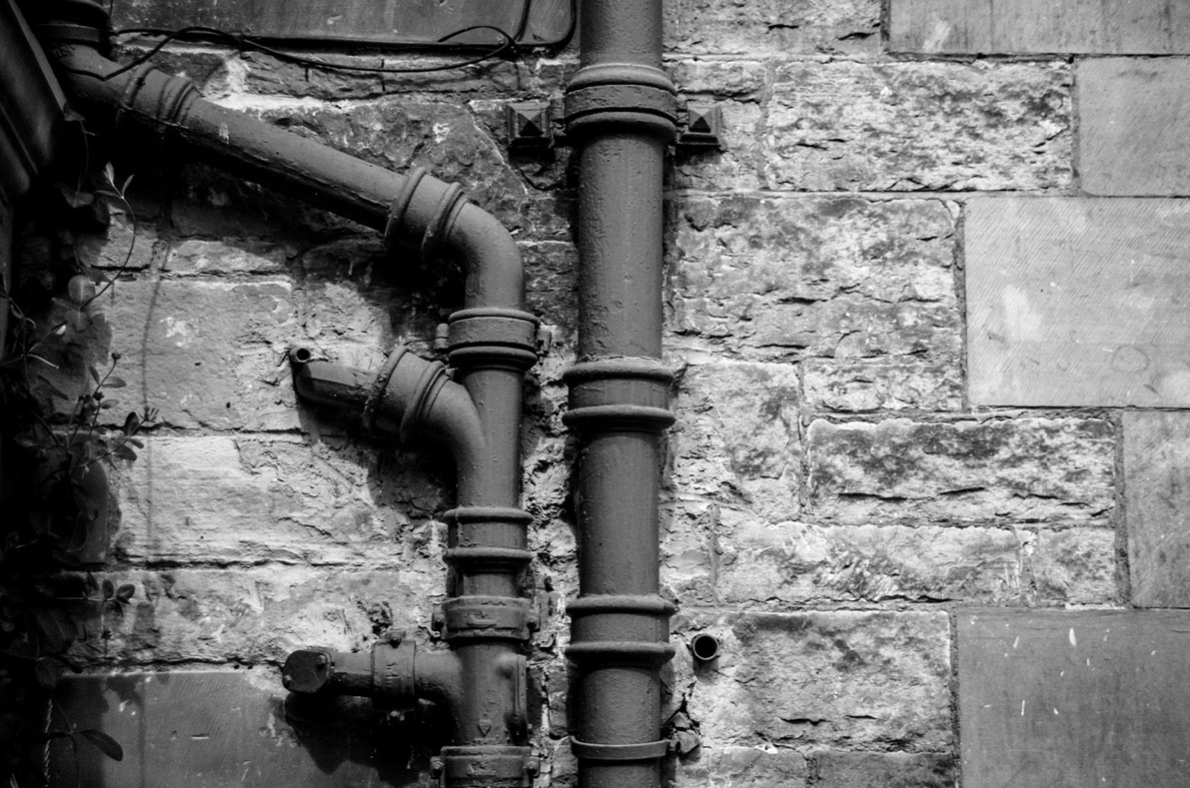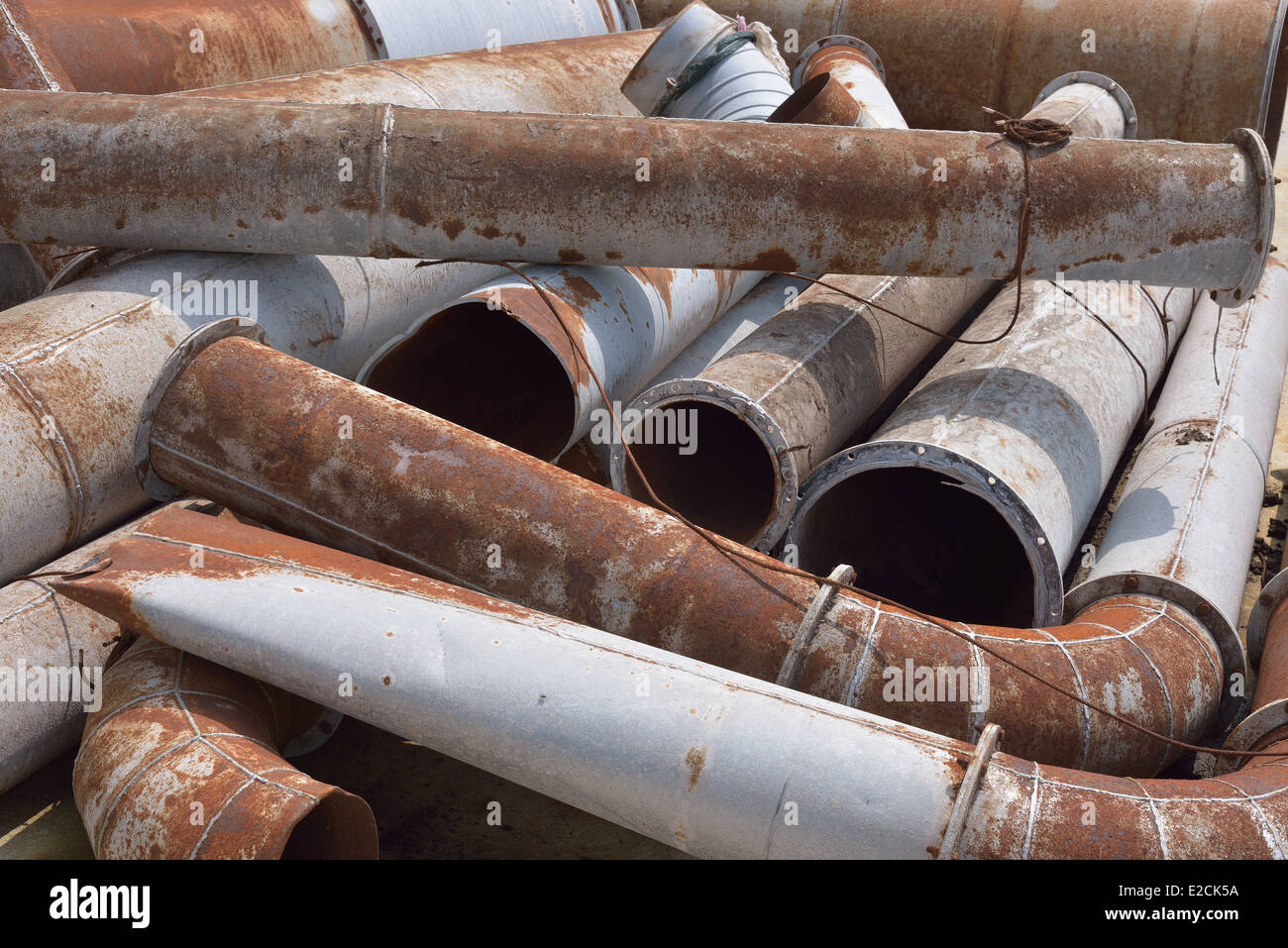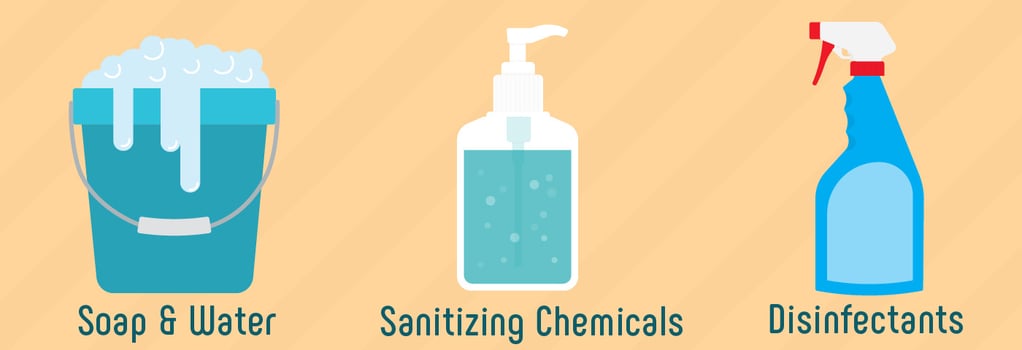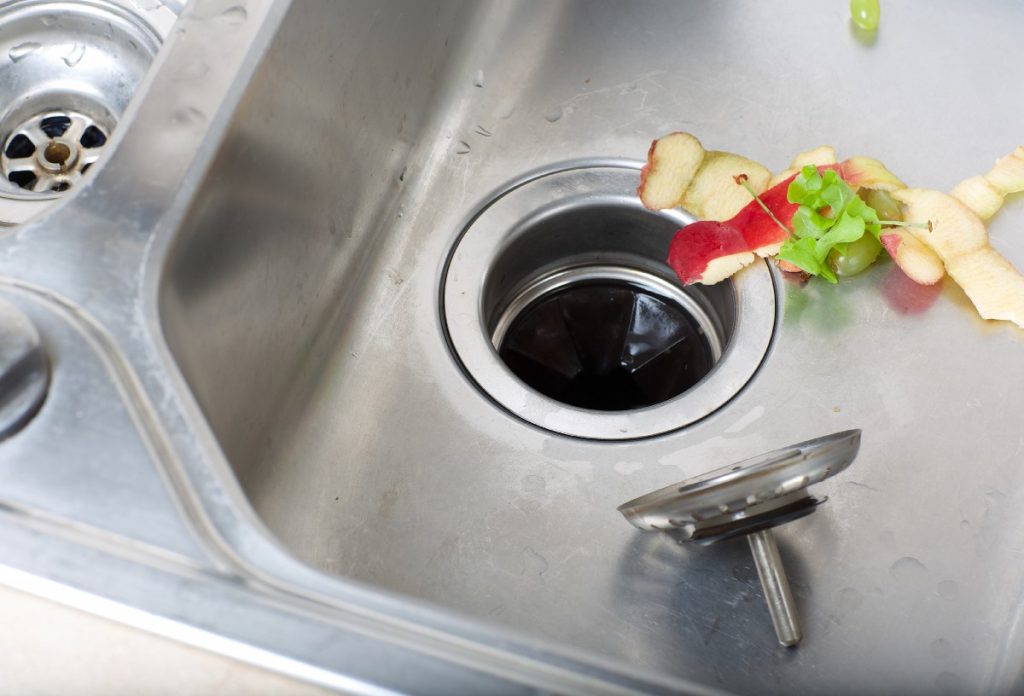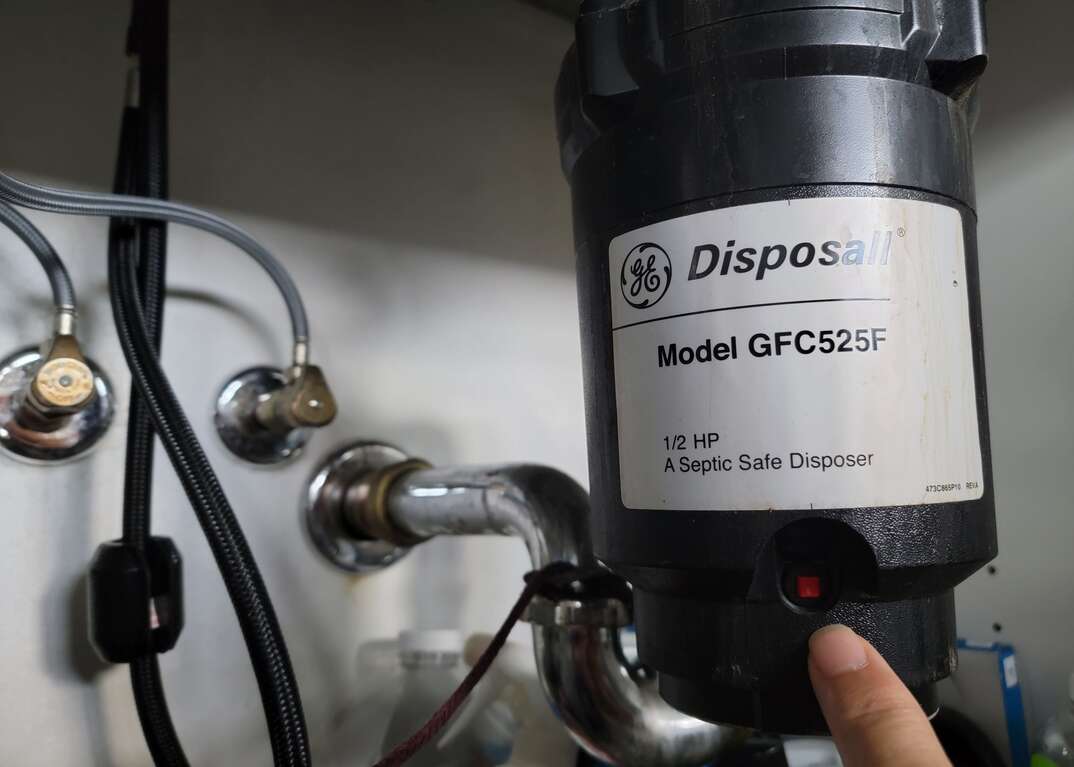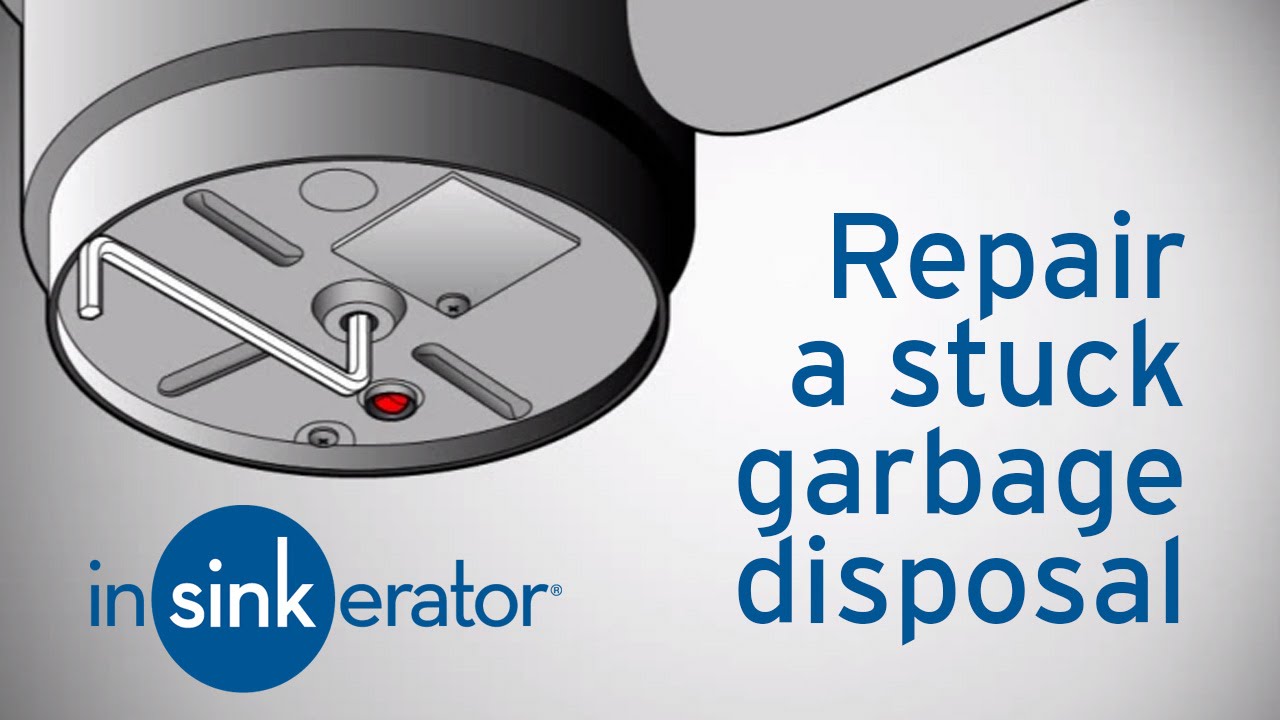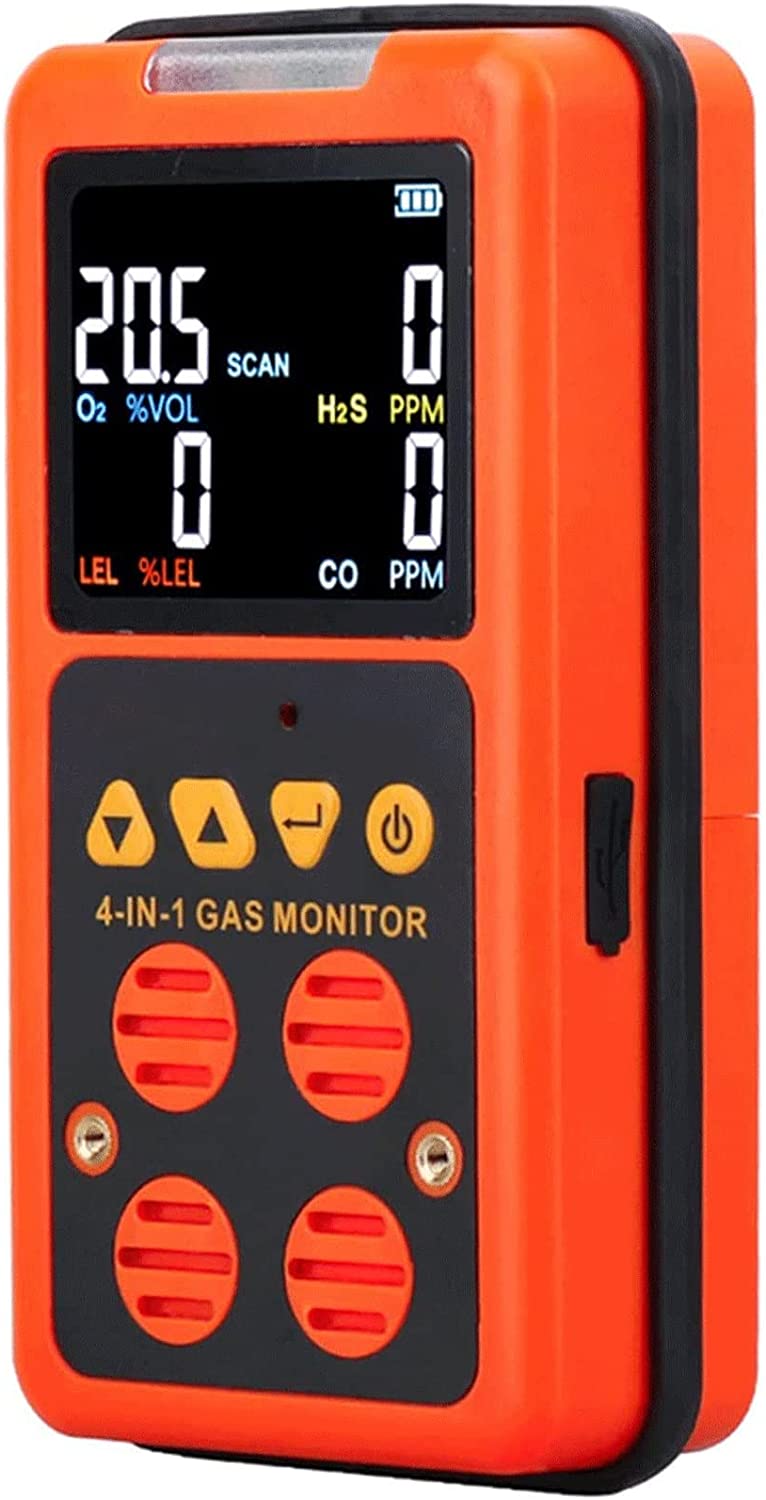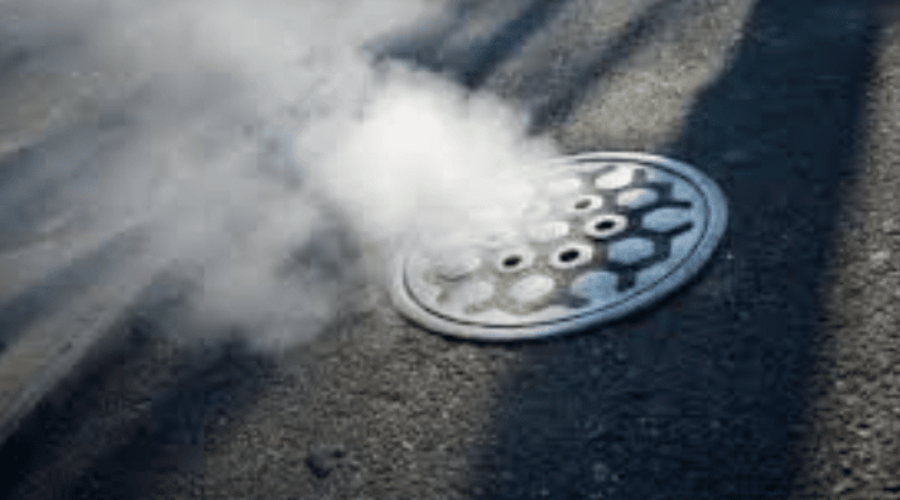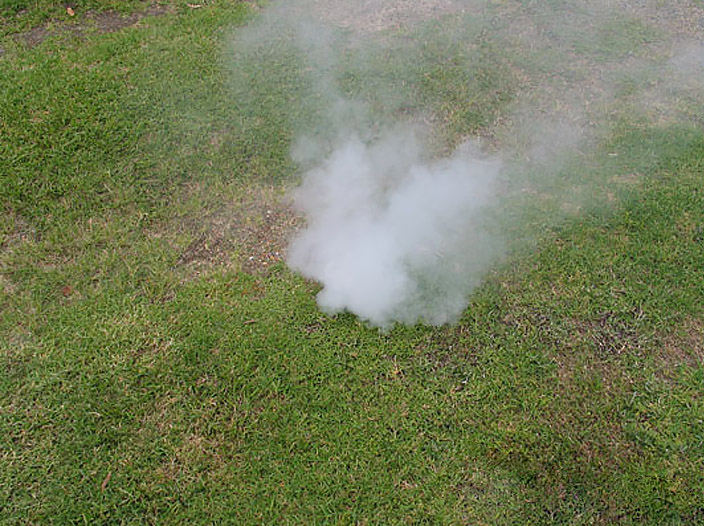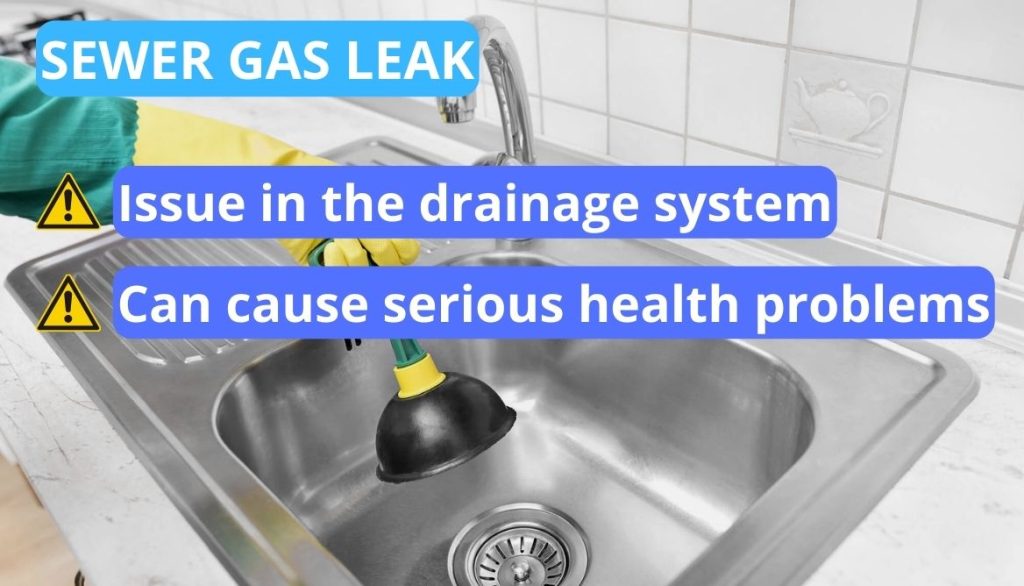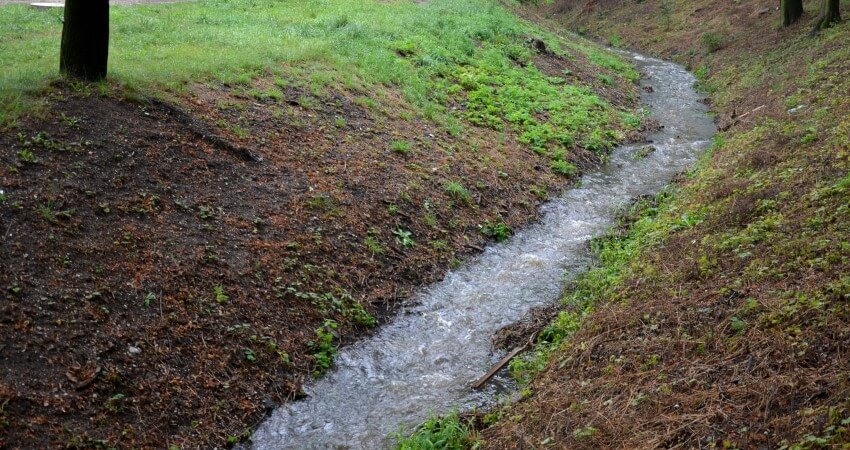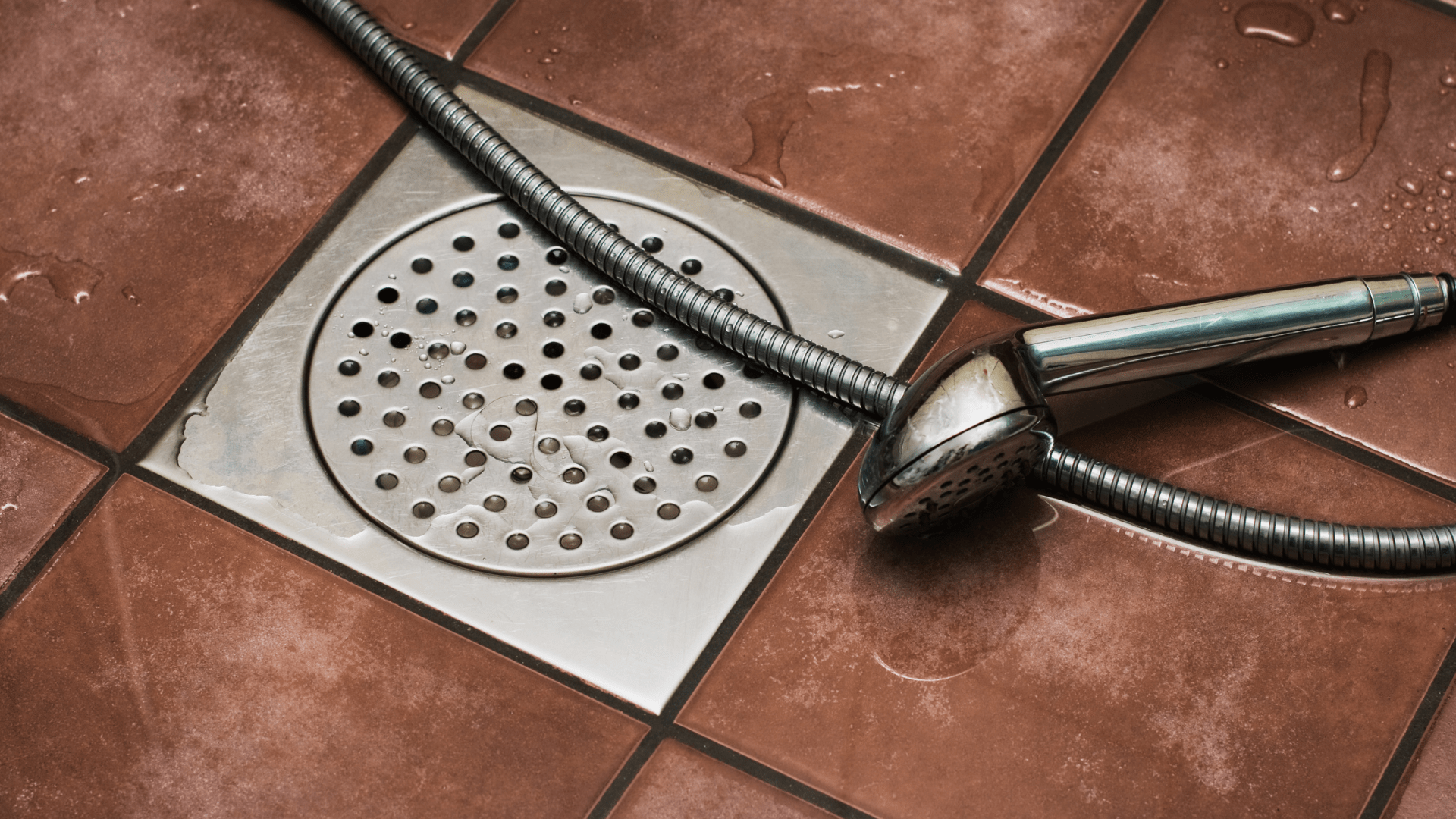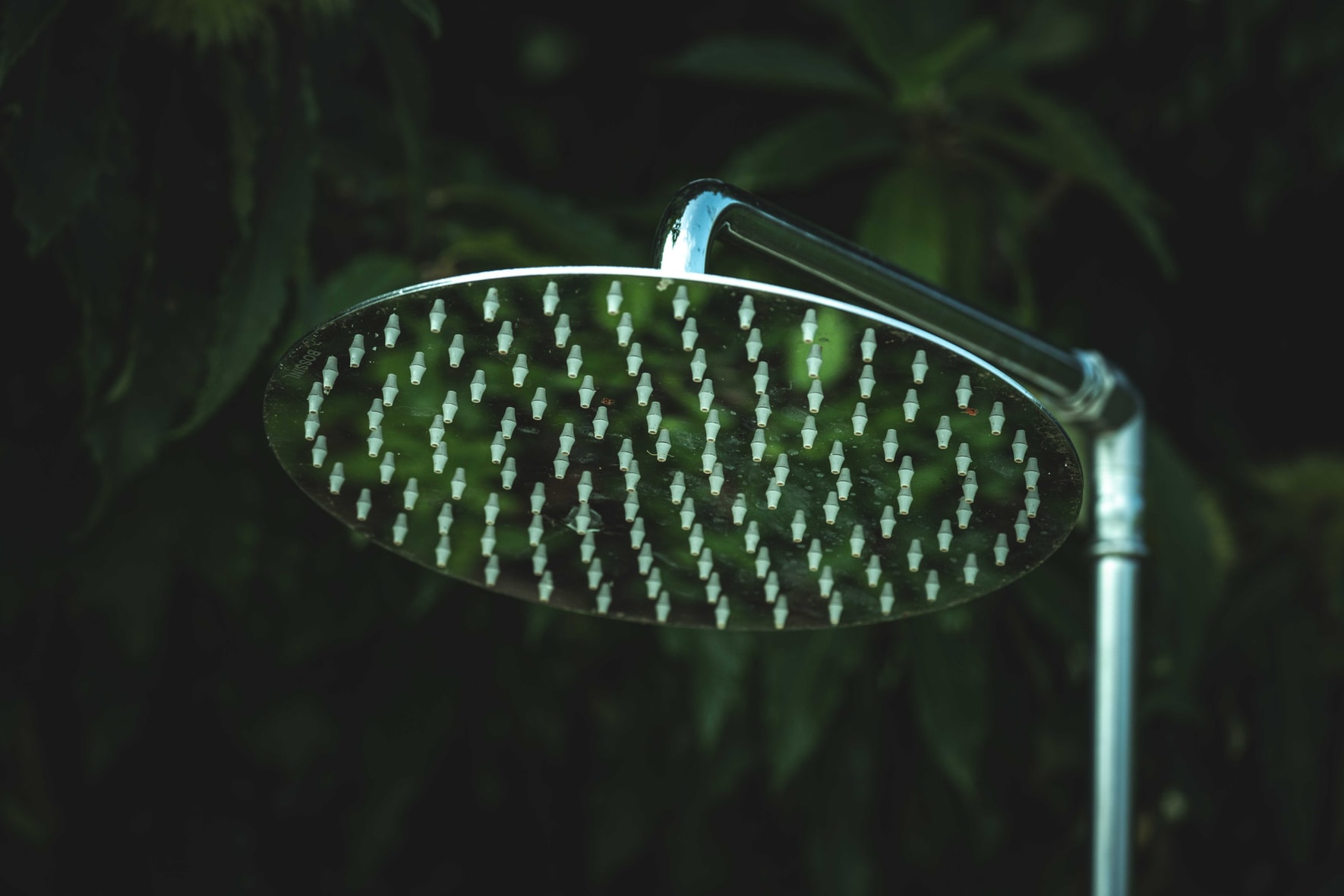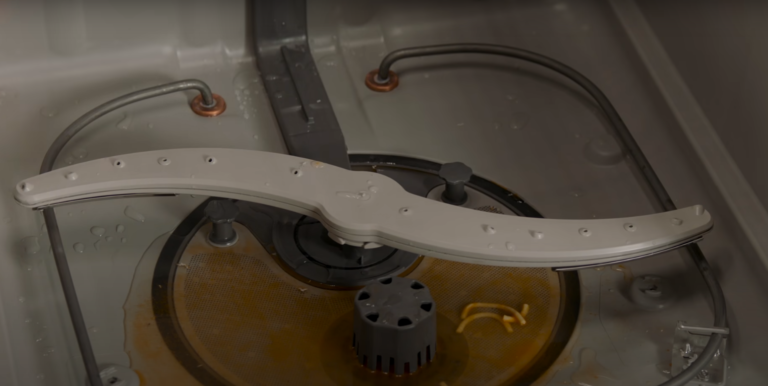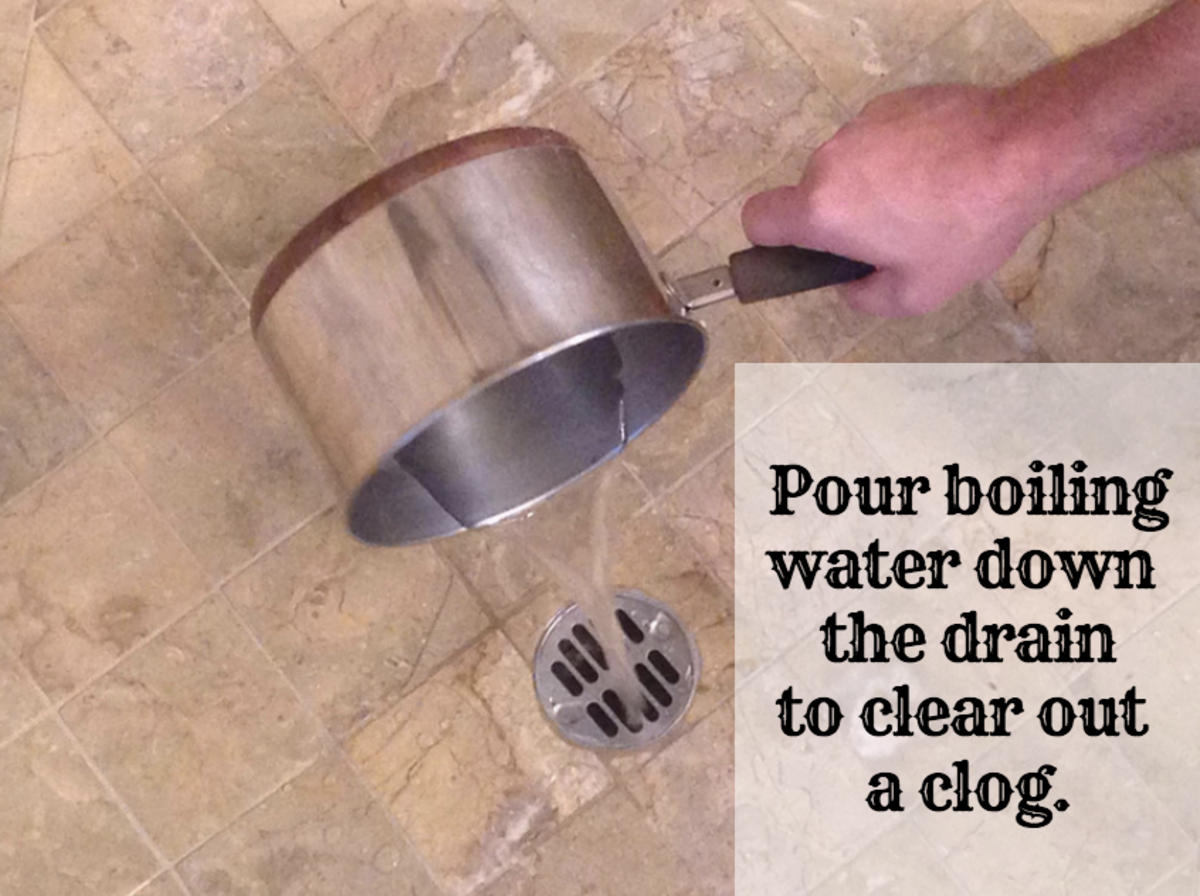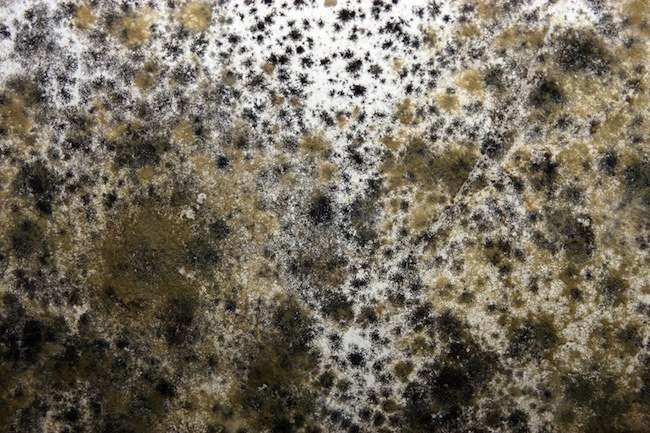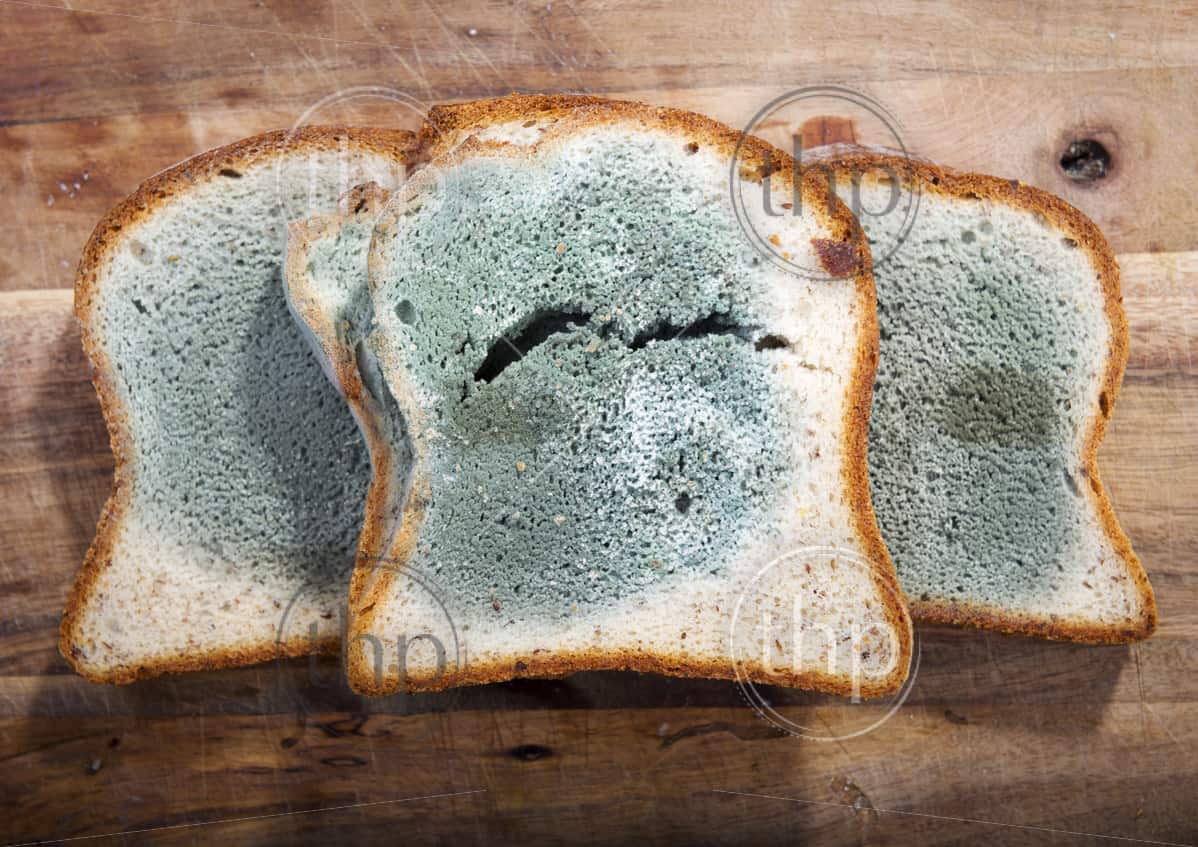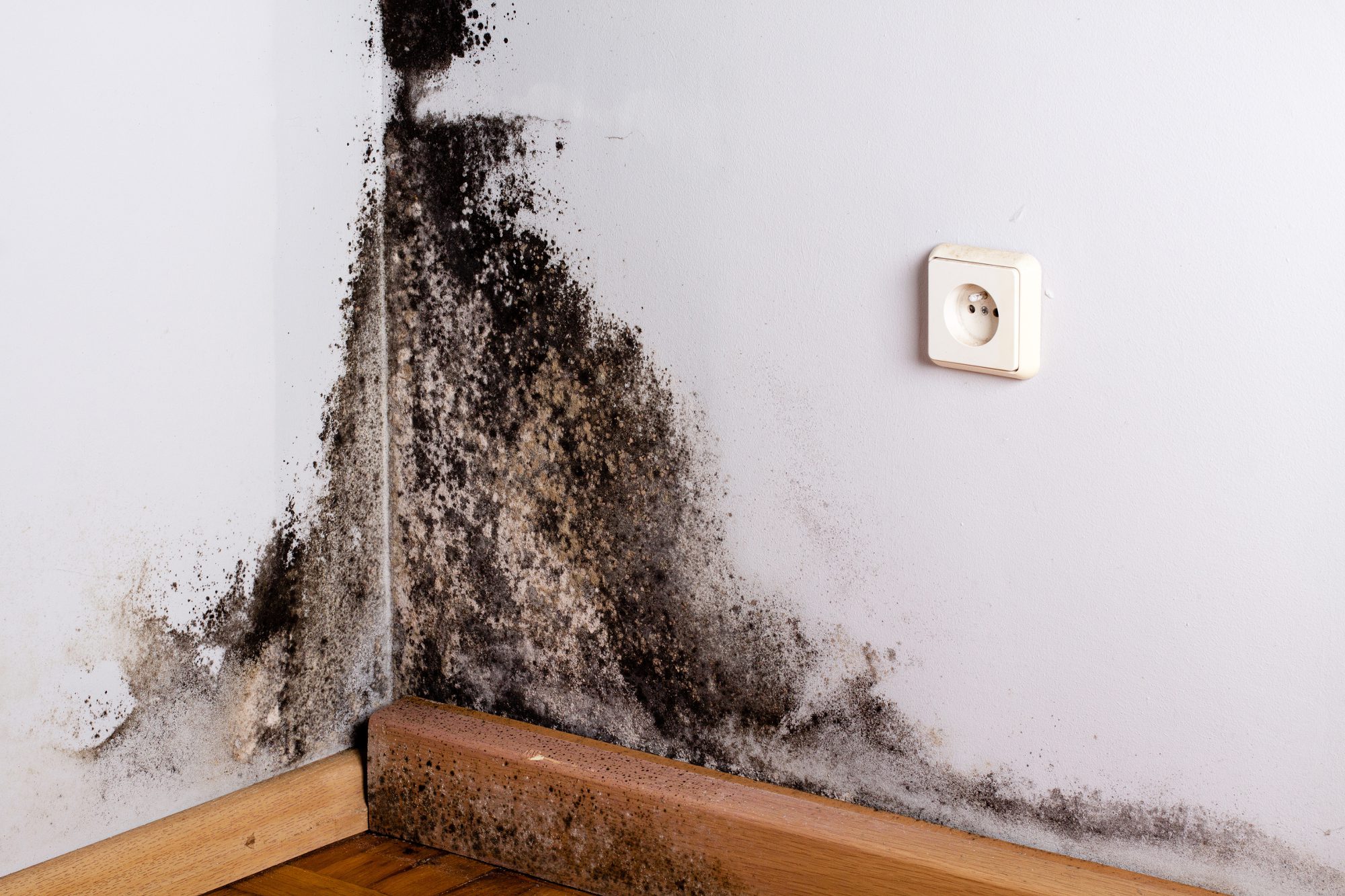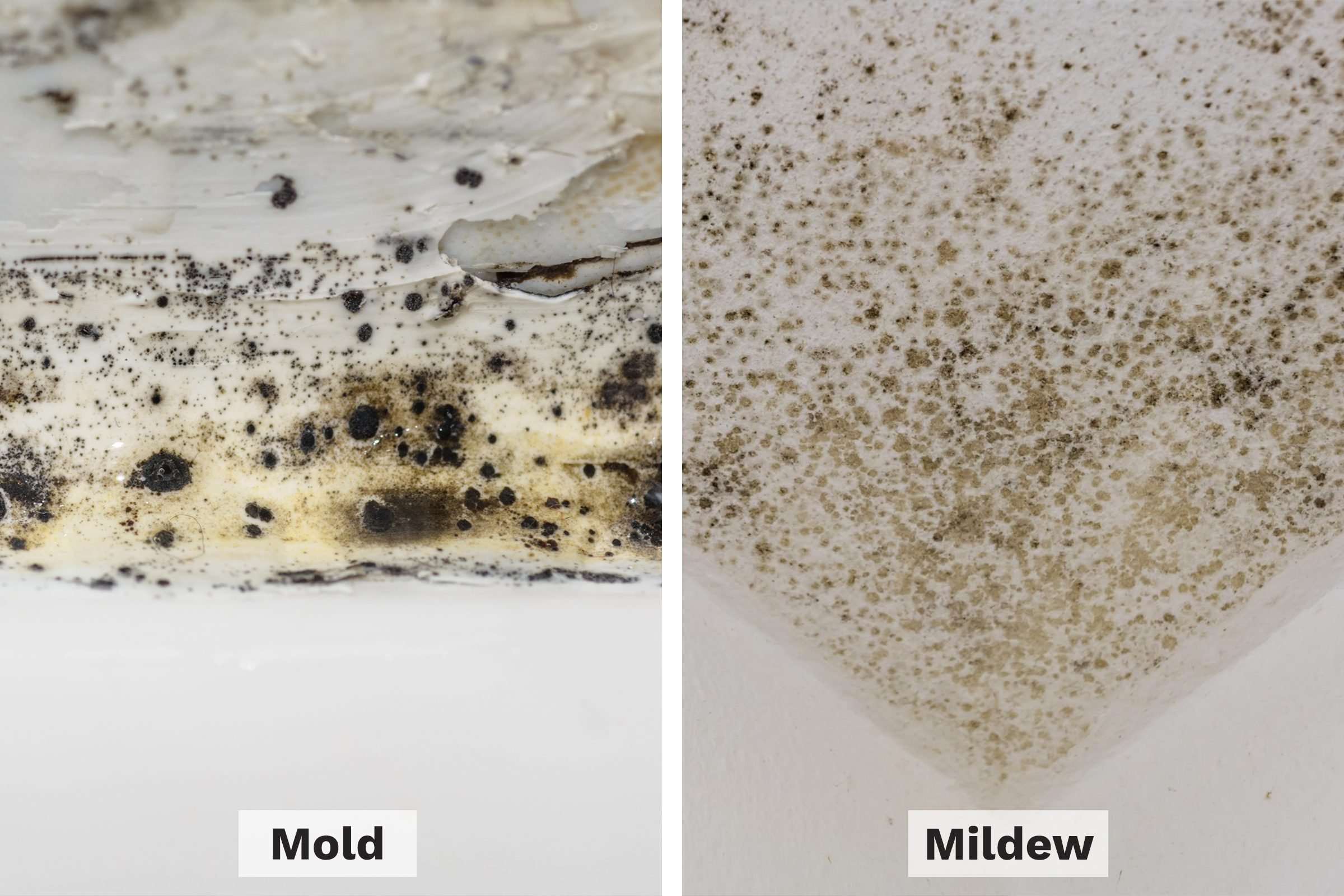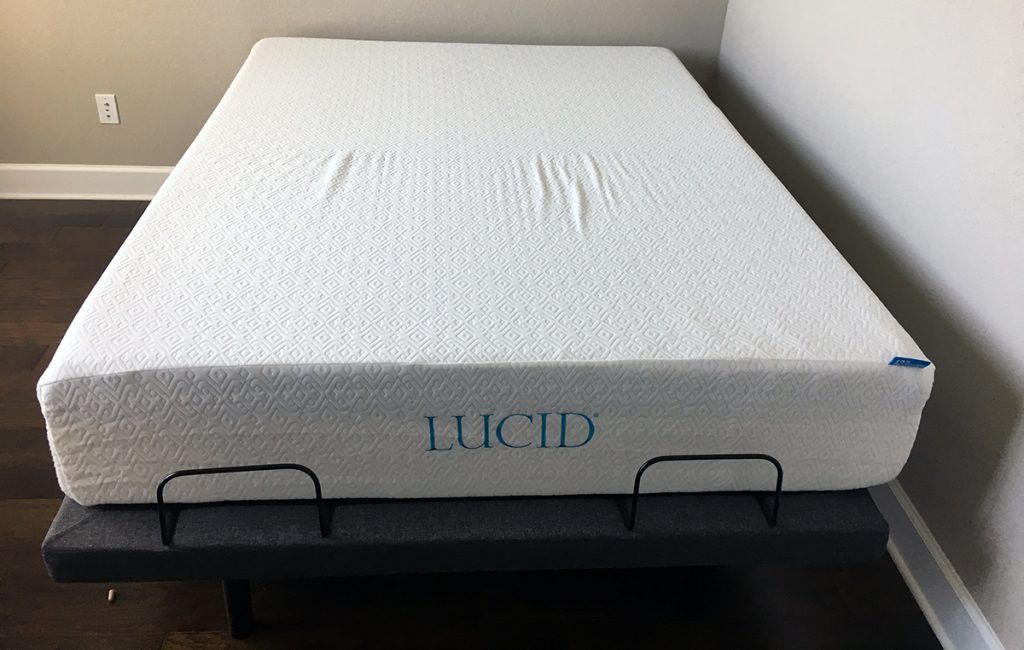Bacteria thrive in dark and damp environments, making your kitchen sink drain the perfect breeding ground. As food and other organic materials get washed down the drain, they can get trapped and create a buildup of bacteria. This can result in a foul smell emanating from your sink. The more you use your sink, the more bacteria will accumulate, and the stronger the odor will become.1. Bacteria buildup
When washing dishes or cooking, it's easy for small food particles to slip down the drain and get stuck in the pipes. Over time, these food particles can decompose and emit an unpleasant smell. This is especially true for foods with strong odors, such as onions or garlic. If not properly disposed of, these food particles can continue to cause a smelly kitchen sink drain.2. Food particles stuck in drain
Grease and oil from cooking can also build up in your kitchen sink drain, leading to a smelly situation. When these substances solidify, they can trap other debris and create a clog in your pipes. This can also attract bacteria and result in a foul odor. It's important to properly dispose of grease and oil from cooking to prevent this issue.3. Grease and oil buildup
Your kitchen sink drain is connected to a vent pipe that allows air to flow through your plumbing system. If this vent pipe becomes clogged, it can prevent proper drainage and lead to a smelly sink. As water and waste sit stagnant in the pipes, the lack of air flow can cause a foul odor to develop. This can also cause your sink to drain slowly or not at all.4. Clogged vent pipe
Over time, pipes can become worn out or damaged, causing them to trap food, debris, and bacteria. This can lead to a smelly kitchen sink drain. If your pipes are old or damaged, they may need to be replaced to prevent ongoing issues with odor. It's important to regularly check the condition of your pipes and address any issues promptly.5. Old or damaged pipes
Regular cleaning of your kitchen sink is essential to prevent a smelly drain. If food particles, grease, and other debris are allowed to accumulate, they can quickly lead to a foul odor. It's important to not only clean the visible parts of your sink but also to regularly clean the drain and disposal to prevent buildup and odors.6. Lack of proper cleaning
If you have a garbage disposal, it's important to make sure it's working properly. When a disposal malfunctions, it can cause food to get stuck and create a buildup of bacteria and decomposing food. This can result in a smelly kitchen sink drain. If your disposal is not working correctly, it may need to be repaired or replaced.7. Garbage disposal not working properly
In some cases, the smell coming from your kitchen sink drain may not be coming from the drain itself but from a sewage gas leak. This can happen if there is a crack or hole in your pipes or if the seal around the drain is damaged. Sewer gas has a strong and distinct odor, so if you suspect this is the cause of your smelly sink, it's important to address it immediately.8. Sewer gas leak
If your kitchen sink drain is not draining properly, it can lead to standing water in your sink. This stagnant water can become a breeding ground for bacteria and create a foul odor. It's important to address any drainage issues promptly to prevent standing water and potential odor problems.9. Standing water in drain
If your kitchen sink drain is constantly damp, it can create the perfect environment for mold and mildew to grow. These fungi can produce a musty and unpleasant odor. Regular cleaning and proper ventilation can help prevent mold and mildew growth in your kitchen sink drain. In conclusion, a smelly kitchen sink drain can be caused by a variety of factors. Regular cleaning, proper disposal of food and grease, and addressing any plumbing issues promptly can help prevent and eliminate unpleasant odors. If you continue to experience a smelly drain despite taking these measures, it may be time to call a professional plumber for further assistance.10. Mold or mildew growth
The Importance of Proper Drain Maintenance

Preventing Clogs in Your Kitchen Sink Drain
 A smelly kitchen sink drain is not only unpleasant, but it can also be a sign of a bigger problem. Often, the cause of a smelly kitchen sink drain is food particles and grease build-up, which can lead to clogs in your drain. Clogs not only cause unpleasant odors, but they can also lead to slow draining and even complete blockages. This not only disrupts your daily household routine, but it can also cause damage to your pipes and plumbing system. Therefore, it is essential to take preventive measures to keep your kitchen sink drain clean and in good working condition.
A smelly kitchen sink drain is not only unpleasant, but it can also be a sign of a bigger problem. Often, the cause of a smelly kitchen sink drain is food particles and grease build-up, which can lead to clogs in your drain. Clogs not only cause unpleasant odors, but they can also lead to slow draining and even complete blockages. This not only disrupts your daily household routine, but it can also cause damage to your pipes and plumbing system. Therefore, it is essential to take preventive measures to keep your kitchen sink drain clean and in good working condition.
The Role of Proper Cleaning and Maintenance
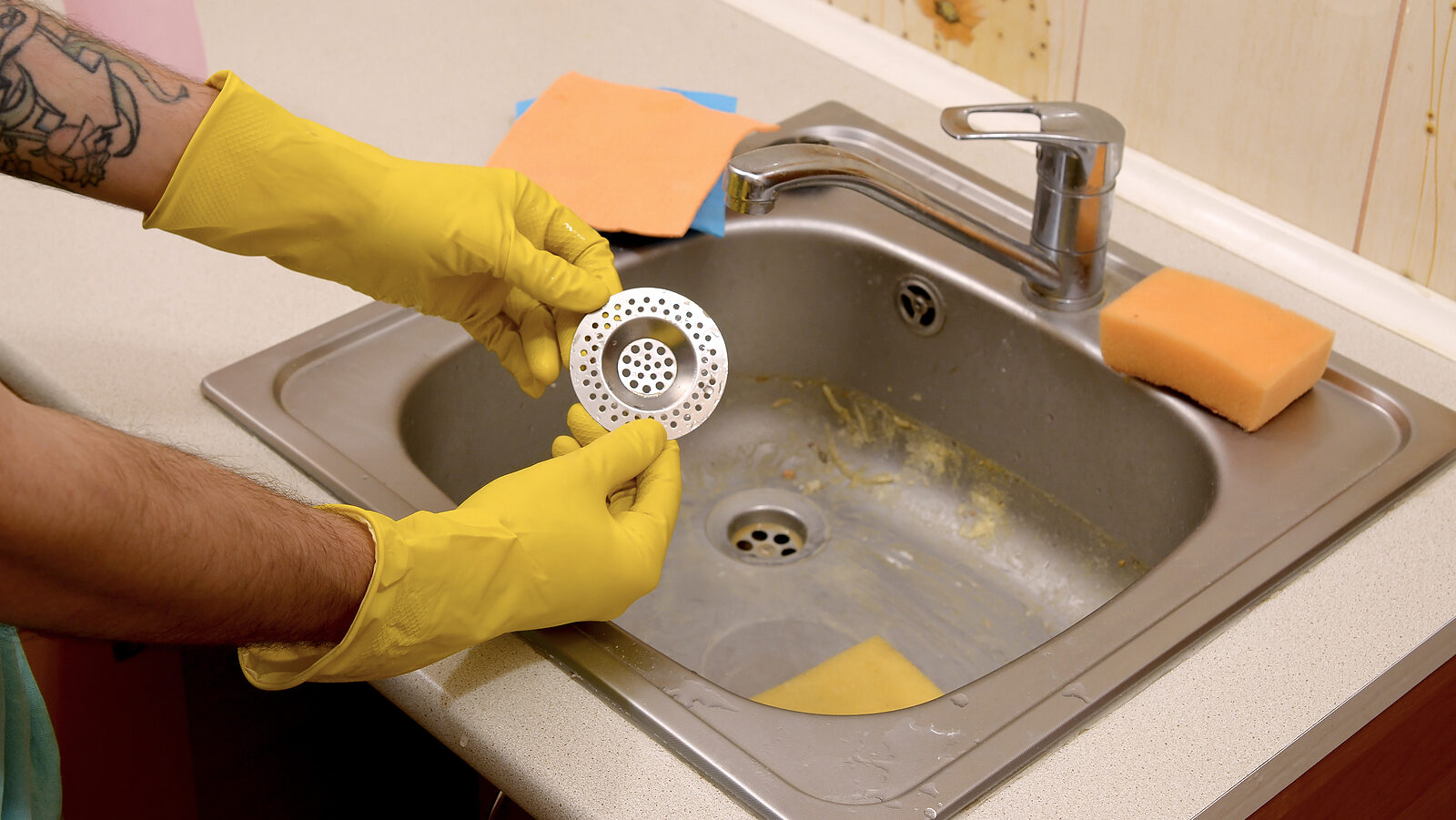 The main culprit of a smelly kitchen sink drain is the accumulation of food particles and grease. These substances can easily get stuck in your drain and start to decompose, producing foul odors. To prevent this, it is important to regularly clean your kitchen sink drain. Using a mixture of
baking soda
and
vinegar
can effectively break down any build-up and eliminate odors. Simply pour half a cup of baking soda followed by a cup of vinegar down the drain, let it sit for 15 minutes, and then flush it with hot water.
The main culprit of a smelly kitchen sink drain is the accumulation of food particles and grease. These substances can easily get stuck in your drain and start to decompose, producing foul odors. To prevent this, it is important to regularly clean your kitchen sink drain. Using a mixture of
baking soda
and
vinegar
can effectively break down any build-up and eliminate odors. Simply pour half a cup of baking soda followed by a cup of vinegar down the drain, let it sit for 15 minutes, and then flush it with hot water.
Investing in a Drain Strainer
 Another way to prevent clogs in your kitchen sink drain is to invest in a drain strainer. These handy tools catch food particles and prevent them from going down the drain. This not only helps to keep your drain clean, but it also reduces the risk of clogs and smelly odors. Drain strainers are available in various sizes and can easily be removed and cleaned, making them a convenient and cost-effective solution for maintaining your kitchen sink drain.
Another way to prevent clogs in your kitchen sink drain is to invest in a drain strainer. These handy tools catch food particles and prevent them from going down the drain. This not only helps to keep your drain clean, but it also reduces the risk of clogs and smelly odors. Drain strainers are available in various sizes and can easily be removed and cleaned, making them a convenient and cost-effective solution for maintaining your kitchen sink drain.
Hiring a Professional Plumber
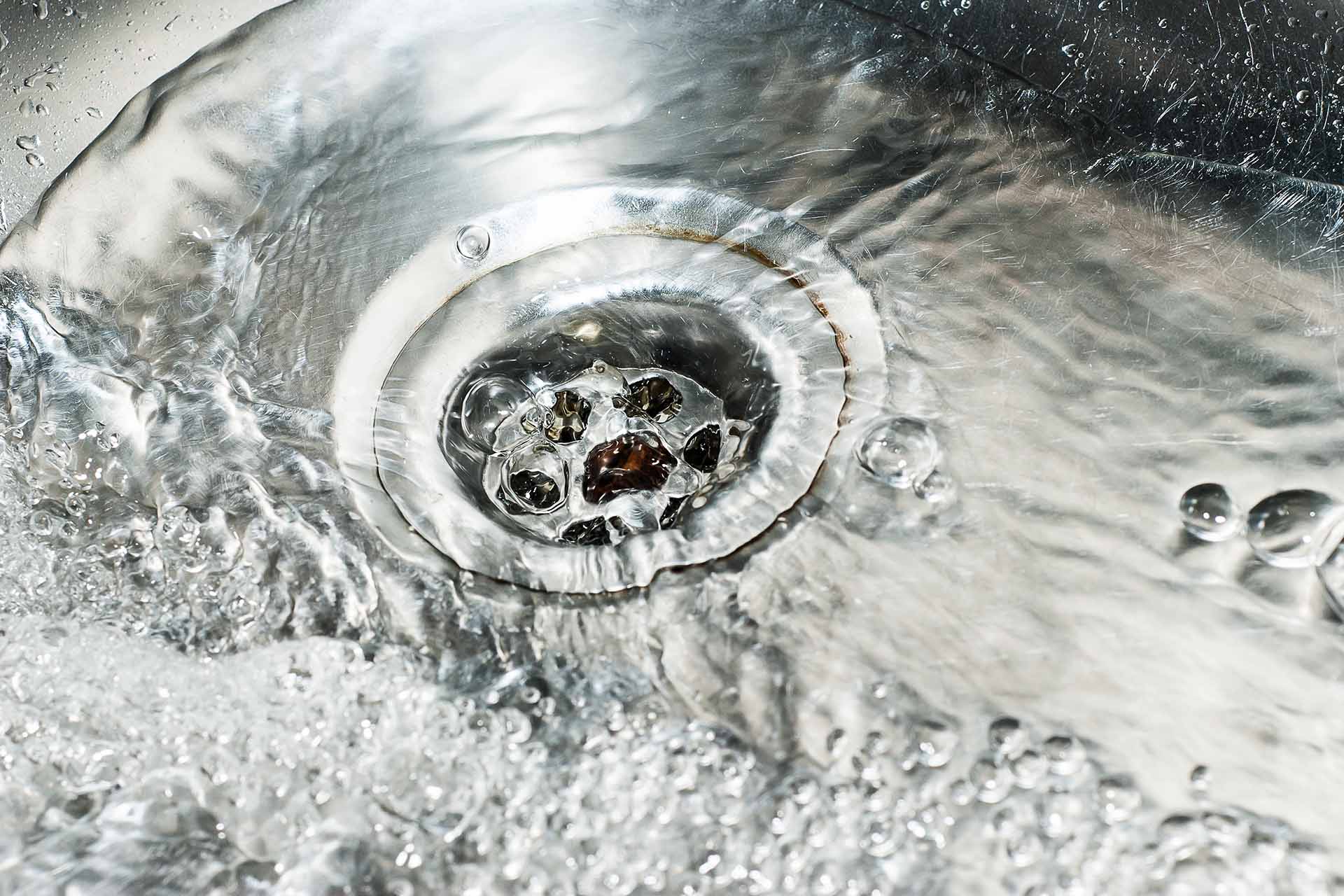 If you notice persistent odors coming from your kitchen sink drain, it may be a sign of a more serious issue. In this case, it is best to seek the help of a professional plumber. A
licensed plumber
will have the necessary tools and expertise to thoroughly clean your drain and identify any underlying problems that may be contributing to the smell. They can also provide you with tips on how to properly maintain your kitchen sink drain and prevent future issues.
In conclusion, a smelly kitchen sink drain is not only unpleasant, but it can also be a sign of potential clogs and damage to your plumbing system. By regularly cleaning and maintaining your drain, investing in a drain strainer, and seeking professional help when needed, you can keep your kitchen sink drain clean and free from unpleasant odors. Remember, proper drain maintenance is key to a functional and hygienic kitchen.
If you notice persistent odors coming from your kitchen sink drain, it may be a sign of a more serious issue. In this case, it is best to seek the help of a professional plumber. A
licensed plumber
will have the necessary tools and expertise to thoroughly clean your drain and identify any underlying problems that may be contributing to the smell. They can also provide you with tips on how to properly maintain your kitchen sink drain and prevent future issues.
In conclusion, a smelly kitchen sink drain is not only unpleasant, but it can also be a sign of potential clogs and damage to your plumbing system. By regularly cleaning and maintaining your drain, investing in a drain strainer, and seeking professional help when needed, you can keep your kitchen sink drain clean and free from unpleasant odors. Remember, proper drain maintenance is key to a functional and hygienic kitchen.





